When is a Dependency Petition Filed?
A juvenile dependency petition is an official legal document filed with Arizona juvenile court that asserts that a minor child needs adequate care or control, which their parents or guardians are unable or unwilling to provide.
The legal process begins when an individual or entity expresses concerns about child abuse or child neglect and reports these concerns to the Department of Child Safety (DCS). If there is evidence of a threat to the child, the DCS will investigate and potentially remove the child.
Arizona juvenile courts and the DCS both play important roles in overseeing the child’s ongoing care and services provided to both the parents and the minor children. The goal is to reunite family members if it is safe and possible to do so. However, in certain cases, the court may rule against reunification and terminate parental rights.
How Long Does the Department of Child Safety Have to Investigate?
Investigations and the subsequent proceedings that follow them will vary from case to case. However, the DCS usually has 60 days to complete an investigation into child abuse or neglect in Arizona.
In some cases, the investigation may remain open longer or potentially be reopened if additional reports are received.
What is Juvenile Dependency?
In Arizona, juvenile dependency is a court-ordered process that decides whether a minor child becomes a ward of the court.
Arizona law defines a dependent child as an individual who meets one or all of the following:
- Does not have a willing and or able parent or guardian.
- Does not have adequate parental or adult care and control.
- Has not been rehabilitated after committing a serious offense.
- Is not being provided with basic life necessities such as food, clothing, medical care, and housing.
- Lives in a home that is deemed unfit because of credible allegations of abuse, neglect, or cruelty.
- The child is under age eight and has committed a crime that would make any older child a juvenile delinquent.
If the minor child meets the above qualifications, they may receive the legal designation of a juvenile dependent. In most cases, children are dependent upon their parents for adequate care, but if the court process deems adults unfit or absent, the child may become a dependent of the state.
What is the Dependency Process in Arizona?
The dependency process begins when a report is received by DCS relating to allegations of neglect or abuse of a minor child. A DCS investigator will investigate the accusations and may deem it necessary to remove the child from the home and serve a temporary custody notice to the parents. Within three days of removal, DCS will hold a Team Decision Meeting (TDM) wherein parents and DCS will discuss safety concerns, potential services, and possible placement matters. A parent is entitled to retain professional legal representation from a family law lawyer during the TDM.
If the children are not returned within 72 hours of removal, the DCS may request that the attorney general file a dependency petition. Once the petition is filed requesting that the children be found dependent wards of the state, a juvenile court will schedule a pre-hearing conference and a preliminary protective hearing. It will also appoint counsel to the parents and guardian ad litem for the children.
Before the pre-hearing conference, you should speak with legal counsel about your dependency case. Contact our law firm for legal assistance.
The purpose of the pre-hearing conference is to help facilitate a meaningful discussion regarding the conditions that alerted DCS and resulted in an investigation. The hope is to develop safety and parenting plans in a non-adversarial manner.
The formal primary protective hearing occurs before a judge and includes agreements reached at the pre-hearing conference. These agreements will now be entered into the record. Also, the preliminary protective hearing is where the parent may dispute the removal of their children and request a hearing to determine whether the children indeed require out-of-home placement.
An initial hearing will be set three weeks from the service of a dependency petition. At the initial hearing, the parents can deny or admit to allegations listed in the dependency petition. If the parents deny the allegations, the court will set the matter for an adjudication trial hearing, wherein the state of Arizona must prove to the judge by a preponderance of the evidence that the children are dependent and need state care.
Because this tendency is considered a civil matter, parents do not have the constitutional right to remain silent. They must answer questions from the state unless they are facing criminal charges on the same allegations.
If the court names a child as a dependent, the child will remain under the court’s care until the court declares that a parent is fit and able to provide minimally adequate care for their children. In other cases, the child will remain a dependent ward of the court until they turn 18 years old.
Do You Need a Family Law Attorney for Your Dependency Case?
Yes.
While the DCS states that child and parent reunification is always the goal, the dependency proceedings focus primarily on removing children from environments that investigators deem to be dangerous. There may be legal disagreements between the two parties regarding what constitutes a dangerous environment and whether a parent is unfit to provide care.
These legal matters are highly emotional and complicated. It is recommended that you retain professional legal counsel from experienced attorneys who are knowledgeable in dependency proceedings. Contact our law office for additional legal guidance.
What Must Be Proven to Sever a Parent’s Rights in AZ?
The severance of parental rights is the last thing that you want. To terminate a parent’s rights to their child, the court must establish grounds for termination.
Grounds for termination of parental rights may include the following:
- A parent has been incarcerated for a significant period of time, meaning that they cannot provide a normal home life for the child for many years.
- Abandonment. A parent did not maintain regular contact with or provide for their child.
- An unmarried parent failed to file a paternity action.
- The child has been removed from their family home in the last 18 months, and it is in the child’s best interest to terminate parental rights.
- The parents abused, neglected, or failed to protect their child.
- The parent has a mental deficiency, severe illness, or substance abuse disorder, which makes them unable to provide adequate care.
- The parents consented to the adoption of their child.
Contact Us to Schedule an In-Depth Case Evaluation Today
Whether you are just beginning dependency proceedings or you are seeking more aggressive counsel for an ongoing case, it is highly recommended that you seek legal counsel from attorneys with experience in handling dependency cases.
Our law firm would be proud to provide compassionate legal representation to you and your family as you go through dependency proceedings. Contact our law firm to schedule your initial consultation today. You may reach us at 480-448-0608.







